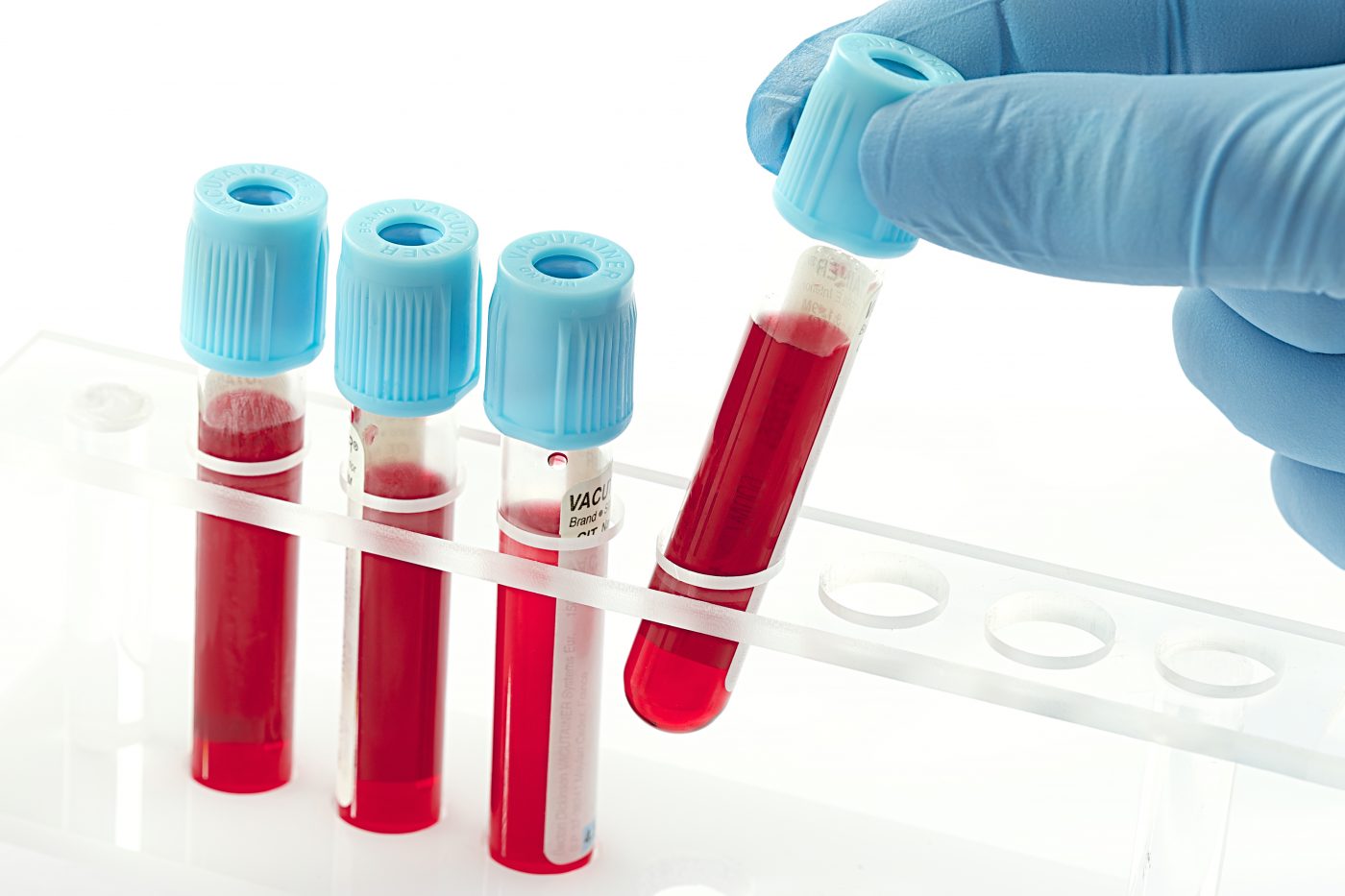Circulating miRNAs Identified as Potential Biomarkers of Heart Disease in 2 Muscular Dystrophies

Promising new biomarkers to detect structural changes in the hearts of people with Duchenne and Becker muscular dystrophy have been identified, according to a study published in the Journal of Cardiovascular Magnetic Resonance.
Biomarkers, like miRNAs, that circulate in the blood and are easily detectable can help diagnose and monitor chronic heart-muscle disease, or cardiomyopathy, in people with muscular dystrophy. But, until now, circulating biomarkers have not been described in people with these two dystrophies, the researchers said.
“This is the first study that assessed the diagnostic value of circulating miRNAs for the detection and prediction of functional as well as structural cardiac impairments in MD patients,” they wrote.
Researchers enrolled 63 males, ages 16 to 46, with Duchenne or Becker muscular dystrophy and 26 age-matched healthy volunteers. They analyzed the cardiac MRI of all participants to assess the function and structure of their heart and vascular system. They also took blood samples on the same day.
The results, in the study “Identification of cardiomyopathy associated circulating miRNA biomarkers in patients with muscular dystrophy using a complementary cardiovascular magnetic resonance and plasma profiling approach,” revealed that miR-222, miR-26a, and miR-378a-5p were significantly upregulated in the blood of LGE-positive muscular dystrophy patients, compared to those who were LGE negative. LGE (or Late Gadolinium Enhancement) is an imaging technique that helps to detect scarring in the heart muscle.
They did not, however, record an association between blood levels of these three miRNAs and changes in heart function.
Dr. Ali Yilmaz, the study’s senior author, and colleagues concluded that an increase in these miRNAs in the blood is indicative of heart muscle scars. They also noted that plasma miR-222 appears to be a promising novel biomarker of structural changes in the heart in people with muscular dystrophy.
miRNAs, or micro-RNAs, are small molecules that can modify gene expression. They do so by regulating the stability, or translation, of mRNA, which is the messenger between a gene and the protein it encodes. Scientists have recently shown that miRNAs are found both inside cells and can also circulate in the blood, suggesting that they could be used as disease indicators.
Duchenne and Becker muscular dystrophy are caused by the lack of a fully functional muscle protein called dystrophin, which is essential for skeletal and heart muscles to function properly. In its absence, muscles weaken and waste over time. Progressive cardiomyopathy is the primary cause of death in people with these types of muscular dystrophies.
The identification of miRNAs in the blood of people with Duchenne and Becker muscular dystrophy allows for a non-invasive way to identify and monitor the progression of heart disease in these patients.






